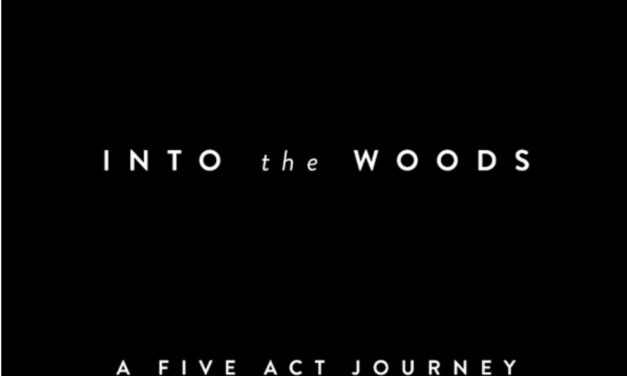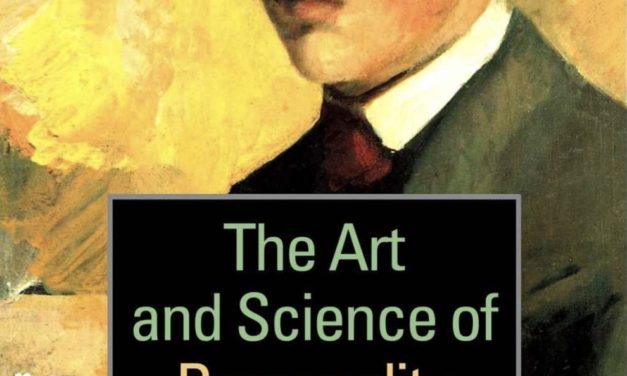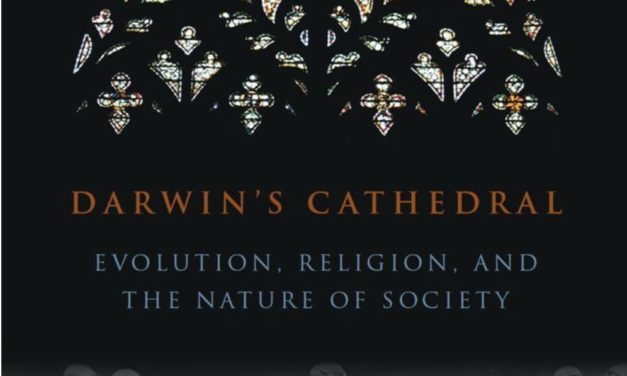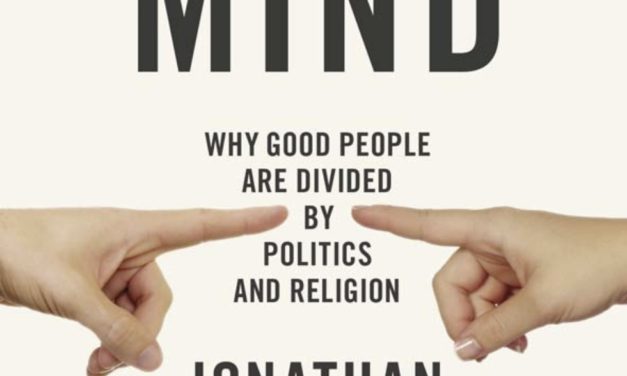This Is Water: Some Thoughts Delivered on a Significant Occasion, about Living a Compassionate Life
Writing with his one-of-a-kind blend of causal humor, exacting intellect, and practical philosophy, David Foster Wallace probes the challenges of daily living and offers advice that renews us with every reading. — Amazon.co.uk
Read More





